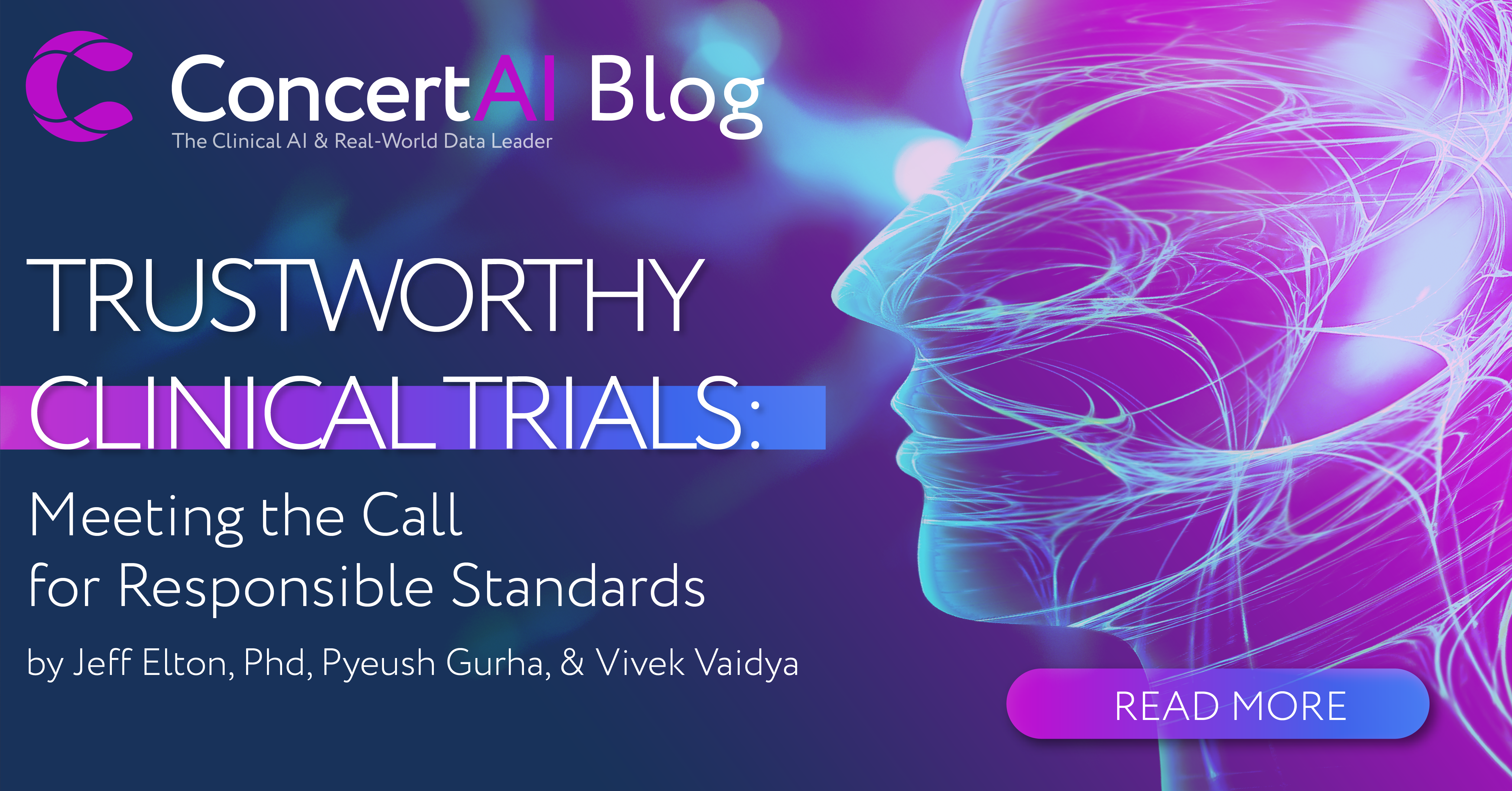 By Jeff Elton, PhD, CEO
By Jeff Elton, PhD, CEO
In January 2019, ConcertAI announced a commitment to reducing cancer deaths by more than 25% in less than 10 years through accelerated real-world evidence generation, advanced AI methodologies used by biomedical innovations and healthcare entities, and novel digital clinical development solutions offering 30 to 50% cost and time advantages. In its annual assessment, released every January, the American Cancer Society announced a one year drop of 2.4% between 2017 and 2018 (see here and here ) – the single biggest drop ever recorded in a single year, largely attributable to advances in treatment of NSCLC, one of the most devastating and common cancers in the U.S.
However, because of COVID-19 we risk losing all the progress we have made with changes in treatment access and treatment initiation timing. Cancer patients, especially those with hematological malignancies, have been uniquely vulnerable to COVID-19 infection. A recent JAMA article from authors associated with Mass General Brigham and Dana Farber Cancer Research Institute (see here and here) report that the level of cancer diagnoses are substantially reduced as a result of clinic access, timing for routine diagnostic tests, and lower levels of formal cancer screening. This is postponing treatment for many and may result in treatment at later stages of disease when there are fewer options and outcomes are less positive.
This is not acceptable. We need to hold to our commitments of access, diagnosis, treatment, and advancing clinical research to sustain the pace of biomedical innovation that has driven the meta-reductions in cancer deaths. While diagnoses, surveillance activities, and treatment initiations were declining, so too was access to clinical trials and the ability of healthcare providers to initiate new clinical trials. A ConcertAI analysis (to be presented in a future perspective) and projections capture the first major declines recorded in patient participation in clinical research and a reduction in new therapeutic entities being accessible through clinical trials.
Reversing the declines of the past year, still very much underway, will require a differentiated approach where we reconsider the structure of clinical studies and understand the changes in standard of care treatment initiated to accommodate COVID-19. Our view is that we now have the data, analytic insights, and digital technologies available to enable these new approaches.
Next week we will present how real-world data solutions in oncology support novel designs for clinical studies that can be implemented during the current and future period. We will accompany this perspective with a short ConcertAI practicum and webinar series which will illustrate how to do so for both solid tumor and hematological malignancy study designs.
Best,
Jeff Elton
CEO

